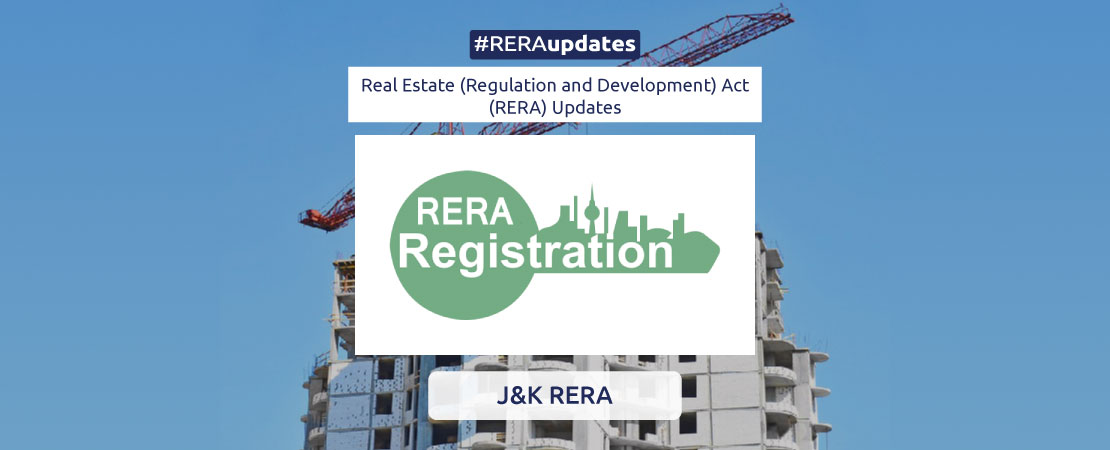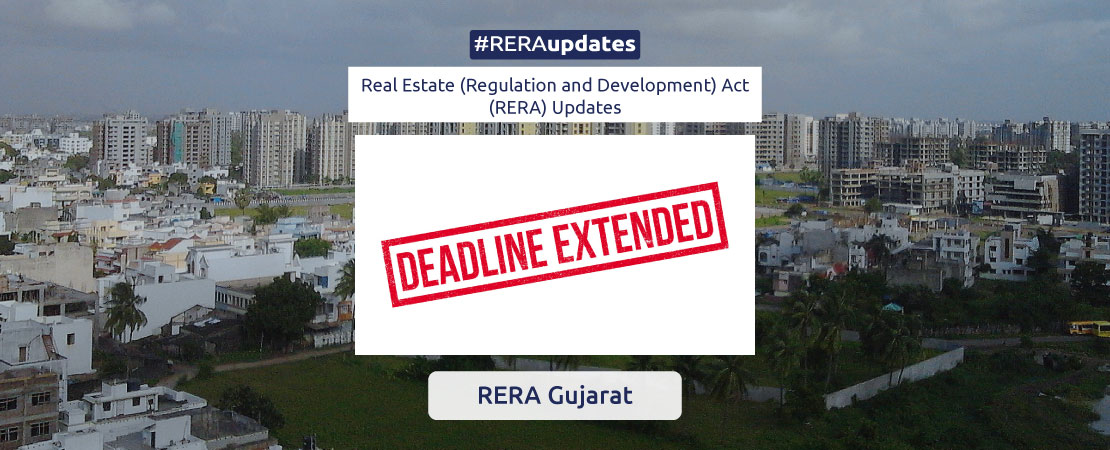Of the total complaints filed with different state real estate regulators, almost 40% are from UP. And amongst the UP complaints, more than half are from Noida, Greater Noida and Ghaziabad.
The state’s Real Estate Regulatory Authority (UP-RERA) has stepped in to address the situation. In four years, it has disposed of almost 80% of the 38,569 complaints received.
“RERA has brought back confidence in the real estate sector and homebuyers now know the project will get completed,” said Balvinder Kumar, member, UP-RERA. “Builders are also increasingly becoming disciplined knowing they are being watched.”
According to the authority, about ₹150 crore has been recovered against about 1,000 recovery certificates and transferred to the accounts of homebuyers.
Promoters and homebuyers have reached settlements in respect of recovery certificates amounting to about ₹300 crore, suggesting almost 33% of the demand in these recovery certificates has been settled, according to the authority.
There are 2,959 projects registered with UP-RERA, out of which 1,125 projects, or about 38%, have been completed.
The regulator has also registered 126 projects from outside planning areas under its special orders to protect the interests of consumers.
Promoters have been penalised for not registering projects or updating status.
Amit Modi, director at ABA Corp and president (elect) of industry association Confederation of Real Estate Developers’ Associations of India (Credai) Western UP, says experienced realtors have greatly benefited from the authority’s moves.
“RERA has also ensured that the funds allocated for the project are only utilised in project development, and the chances of delayed deliveries are kept in check and get significantly reduced,” he said.
“The push and motivation that it (UP-RERA) has provided to developers to complete their projects on time and provide quality work have provided an unsurmountable economic boost to this sector,” said Sanjay Sharma, director at SKA Group.
The authority had a special focus on stuck projects and in many cases it brought developers and homebuyers on a common platform and helped resume construction.
According to Credai, around 190,000 units amounting to a valuation of ₹1 lakh crore are stuck in Noida, Greater Noida and Ghaziabad.
“In some cases, the project is viable but is stalled because homebuyers were not confident of paying the balance amount to the builder. In such cases, we decided to monitor the project and have successfully resumed work on many projects,” Kumar of UP-RERA said.
During the first and second waves of the Covid-19 pandemic, the authority gave extension to builders to complete the projects. After the second wave, RERA identified 115 projects that will be given a nine-month extension, with the regulator monitoring the construction activity.
UP-RERA has also completed digitisation of various processes and set up e-courts. About 12,918 complaints have been registered through e-courts. Awareness in tier 2,3 cities and execution of its order is still a major challenge for RERA. And recovery has proved cumbersome. Of the close to 4,200 recovery certificates issued by the authority in four years, only 870 (20%) have been executed, where the penalty amount was recovered.










